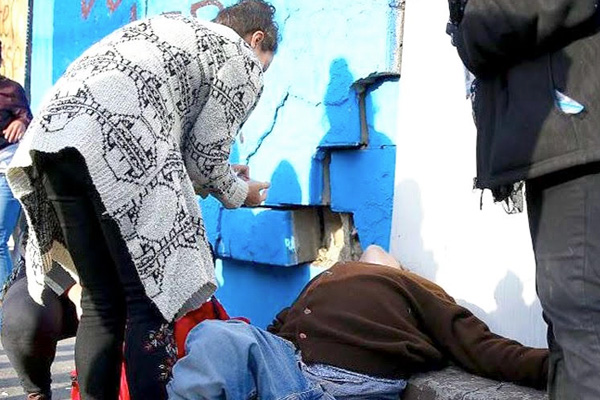Over-Sentenced –
May 30, 2019 – Emma’s story is not rare in Pennsylvania. In an effort to deter drug use, prosecutors are charging people who provide a drug that causes an overdose with homicide — often called “drug-induced homicide” or “drug delivery resulting in death.” Pennsylvania district attorneys use this charge more than prosecutors in any state. Three out of the top five counties that use these charges most often are in Pennsylvania. Lancaster tops the list with 66 charges in 2018 — a shocking number considering the estimated 107 overdose deaths in the county that year. The logic that such charges may prevent overdose deaths is rooted in the false idea that people who sell or provide drugs and people who use drugs are two distinct groups — the former members of a criminal enterprise, the latter, people who are sick and need treatment. But people who use drugs often share them, or sell them to support their addiction. The irony is that while there is no evidence that drug delivery resulting in death charges deter drug use, there is reason to believe that they deter another behavior — calling 911. In 2014, Pennsylvania passed a Good Samaritan law that provides immunity from certain state-level drug charges when a person seeks help in the event of an overdose. The purpose of the law was to ensure that people call 911 when someone next to them overdoses, even if they are in possession of drugs.



